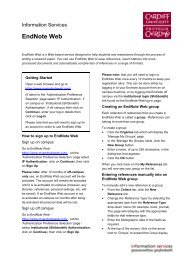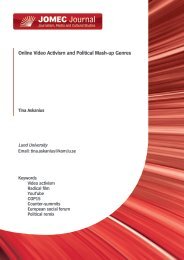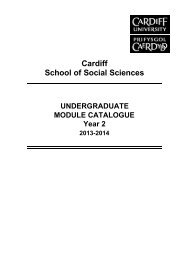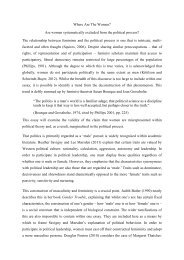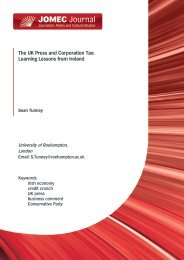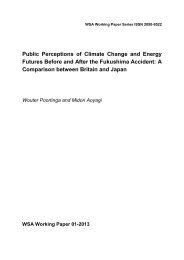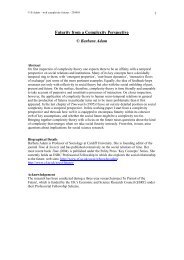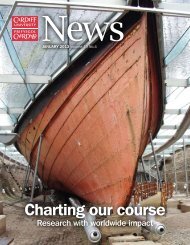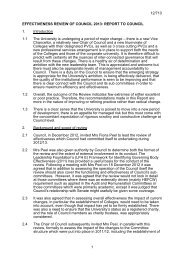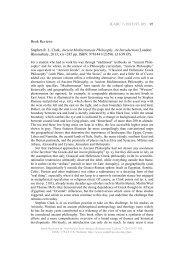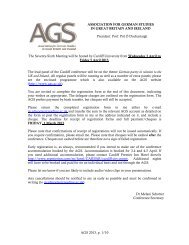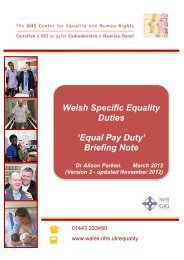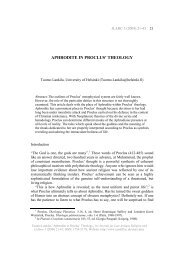RIES Brochure FINAL - Cardiff University
RIES Brochure FINAL - Cardiff University
RIES Brochure FINAL - Cardiff University
You also want an ePaper? Increase the reach of your titles
YUMPU automatically turns print PDFs into web optimized ePapers that Google loves.
2 <br />
Introduction <br />
Whether you are considering writing your first research application or if you are <br />
a more experienced researcher contemplating your latest bid, securing external <br />
research funding is an important activity which can shape careers in academia.<br />
Winning your own research funding is often a necessity if you are interested in <br />
pursuing your own research ideas (as opposed to working as a researcher on <br />
someone else’s grant) and can provide you with an opportunity to explore a <br />
broader range of projects. Securing funding can seem like a daunting hurdle in the <br />
current climate, where financial cutbacks are in the headlines daily and it seems as <br />
though everyone is scrabbling for cash, but research funds are still available for the <br />
right ideas presented with a well-‐argued case. <br />
On average around one in four grant applications submitted to the UK Research <br />
Councils is successful and secures funding, so it is vital to ensure that proposals <br />
submitted by the <strong>University</strong> are competitive. Standards are extremely high, hence <br />
submitting bids which are merely adequate or ‘OK’ is not an option – as in all <br />
other facets of <strong>University</strong> activity, we should strive for excellence. There are <br />
several reasons for this, including the need to maintain the <strong>University</strong>’s reputation <br />
for quality, but perhaps the most important is to avoid wasting your time and <br />
other resources in preparing an unsuccessful proposal. Many applications are <br />
compromised by minor errors, so remember that following all appropriate <br />
guidelines and taking advice from experienced colleagues can substantially <br />
increase your chances of success. <br />
Writing a research proposal to any standard can be very time consuming, so <br />
deciding to invest the additional effort required to turn a run-‐of-‐the-‐mill bid into a <br />
potentially fundable one should be a straightforward decision. <br />
By following the advice in this guide, the application process can be streamlined to <br />
maximise your chances of success. Vital to this is taking full advantage of any <br />
internal peer review opportunities available to you and making the most of the <br />
services and advice provided by your school’s research office and Research <br />
Development. <br />
Please read through the advice in this guide and contact the Research <br />
Development team in Research, Innovation and Enterprise Services for further <br />
support. We look forward to working with you. <br />
Dr Dave Bembo <br />
Head of Research Development



